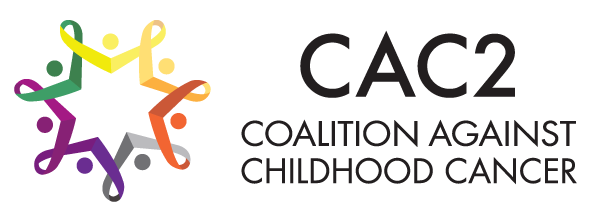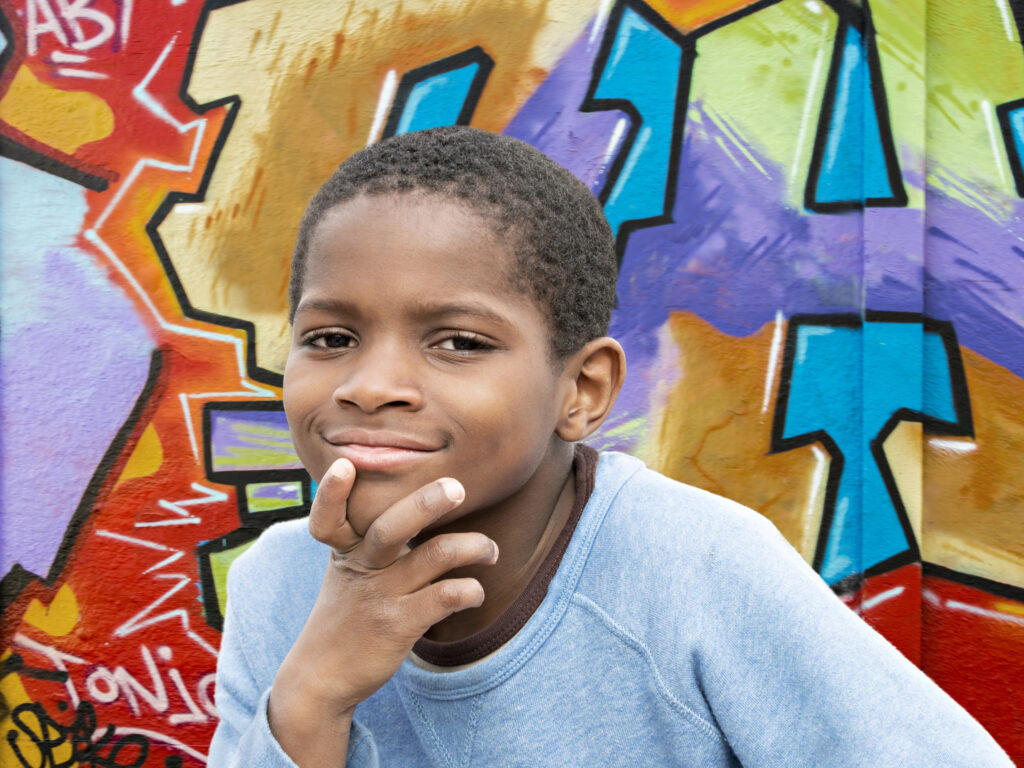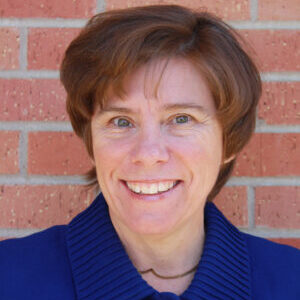By CAC2 Individual Member Angela Lee
I remember ‘that day’ like it was yesterday. The sun was shining on a beautiful spring day in Virginia as my mom and I sat quietly in a hospital room waiting for an oncologist to pay us a visit. I was admitted just days before for a series of lab work and tests that reduced me to feeling like a science project. Although I remember that day very clearly, it was 32 years ago that I heard “It’s a form of cancer” followed by my response “Am I going to die?’. On a beautiful April day in 1984, I learned the diagnosis was Stage 2 Hodgkin’s Lymphoma; I was just 13 years old. The silver lining in that dark cloud was my new friend’s (oncologist’s) response to my question as he swiftly and, rather confidently, said “No.”
That’s all my spirit needed to hear. Today, I can’t even imagine what my parents went through emotionally or financially. They were my caregivers and I don’t recall ever seeing either one become unglued. The example they set as parents and the sacrifices they must have made continues to overwhelm me with gratitude, but today, at 45….I’ve had to learn to take care of myself. That endeavor alone has been atypical because of the almost 50 radiation treatments I received. Since there weren’t any post treatment or survivor resources available back then, I had to become my own patient advocate before the term ‘patient advocate’ was coined.
For me, it’s really been a journey about learning how to create a constructive partnership with a doctor. By my own will and diligence, I have learned to help my Dermatologist, Cardiologist, Endocrinologist, Ob/Gyn, and Gastroenterologist treat me holistically and not just per their areas of expertise. I believe that any long term survivor who was diagnosed prior to the internet has faced similar challenges, yet we learn that by being proactive and not passive or reactive to any given doctor’s visit, has to become a new normal in maintaining our well-being!
But in addition to my own personal patient advocacy efforts, my purpose revealed itself when I was asked to be an Ambassador Volunteer for my congressional district for the American Cancer Society’s Cancer Action Network (ACS CAN). That opportunity presented itself to me about 5 years ago and I’ve since met with legislators at the local, state and national levels – to include in my immediate city, Austin Texas and Capitol Hill in Washington D.C.! It opened doors for other advocacy volunteer opportunities. Collectively, those “jobs” for me are my most esteemed accomplishments. A few examples of my advocacy have focused on Palliative Care, Palliative Care education, increased funding (both for NCI and specifically more for pediatric cancer), lowering the age for tanning beds and statewide smoke free initiatives. When you can visit every congressional district office for your state (in my case Texas) during Childhood Cancer Action Day to speak about the need for increased funding and share your story as a childhood cancer survivor or participate in ACS’ National Lobby Day to sit in a Senator’s office to discuss national priorities that need attention year after year, you begin to see results, you see legislation being put in place and improvements being made. In a word – it’s “rewarding.”
In summary, I’d advise any survivor who’s 10+ years cancer free to do and/or consider the following:
- Do your homework. It’s often not enough to go from ‘cancer’ to ‘cured’ and see a Primary Care Physician (PCP) annually. Now that we have Google—use it! Search on survival statistics based on your specific type of cancer, network and determine if you need additional specialists or if you need to be mindful of making certain lifestyle changes. I’m not implying one to become a hypochondriac, but your body has been compromised. Regardless of having an “excellent prognosis”, you need to be mindful that you could be affected in ways that may not show up in your initial years of survivorship – or may not even be known yet! There are also organizations/alliances that are beginning to develop ‘shared-care models’ that help in the transition of going from an oncologist to a PCP and include creating Survivorship Care Plans.
- Get involved. Now, I’ll be the first to admit that long term survivors often feel like an alienated group and it took me years post going from ‘cancer’ to ‘cured’ before I really got involved in legislative advocacy. I mean, cancer at 13, cured at 18…hello?! Who wants to stay stuck on cancer? I had to have some fun for a change, lol. However, thanks to those health quirks that started popping up when I was a young adult. As for those health quirks…over a 20 year period post my radiation treatments, my thyroid has dissolved – I literally have no evidence of thyroid tissue but that doesn’t excuse me from ever developing thyroid cancer so I have to have sonograms every other year in that area, and of course, annual exams with every specialist I have. A few years back during one of those sonograms, it was discovered I had almost a 60% blockage in both of my carotid arteries. The highest amount of radiation went to my neck; thus, I deal with both hardening and narrowing of those arteries as does my esophagus which is a haven for benign strictures. Medication has reduced that blockage now to less than 20% and I go for endoscopic ‘stretches’ as needed. But my cardiovascular system took a hit as well since I received radiation on my chest. Although I don’t have breast or lung cancer in my family history, I now have double the risk of both cancers. I was diagnosed with Stage 1 high blood pressure at 30 and high cholesterol. Today, I still take medication for both in spite of a healthy weight and lifestyle. Again, due to the radiation, I’ve had over 30 basal cell carcinomas – some which required several stitches – removed from the areas that were treated. The most emotionally painful was having a partial hysterectomy at 34 – I will not expand upon that. The physical recovery was easy but the emotional scar is very deep. Those are just a few “quirks” – or perhaps it’s my “personal survivors package” since I know that every survivor carries one of their own. I realized that cancer did not define me but it was a defining moment that will always be a part of me. Getting involved for me means raising awareness on state and national cancer priorities and really making an impact towards finding a cure. I believe that my voice is a tool for those who lost their battle with cancer and it’s the best weapon I have!
- Share. Yes, last but not least…do I say and not as I did….share your story. Again, not only did it take years for me to get involved, it took years for me to share my story. It made me vulnerable, too uncomfortable, people most often didn’t relate to it and I assumed as someone who was a young survivor, “Who would want to hear about my pain?” Teenagers are supposed to be invincible—or so we thought when we were one. I know now, beyond a reasonable doubt, that sharing is truly caring. Embrace your story and share it—you may never know what connection may come of it or whose life it may impact. Just go out there – and make a difference with it!
This blog post appeared originally in a shorter form on http://www.cancer.net/


